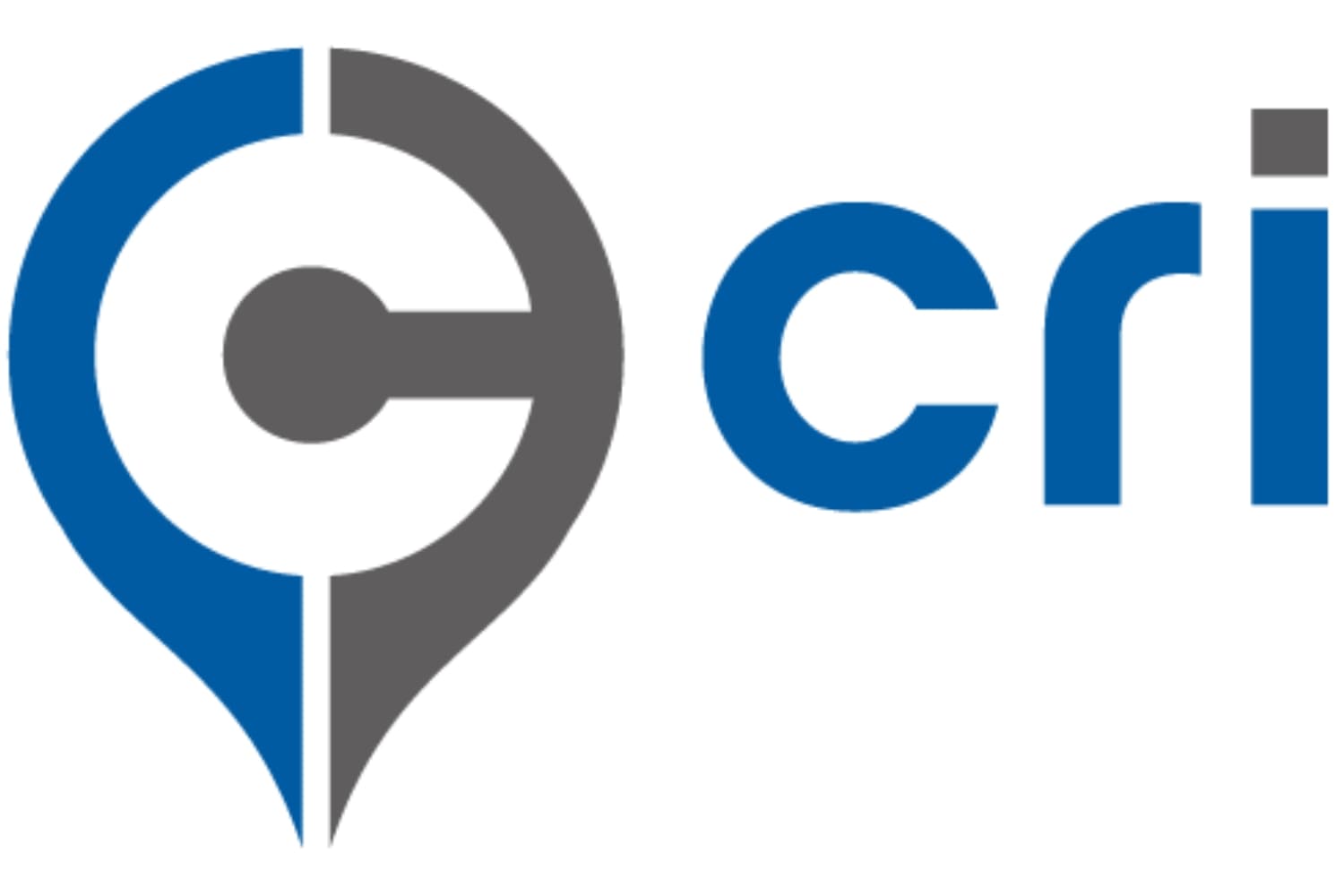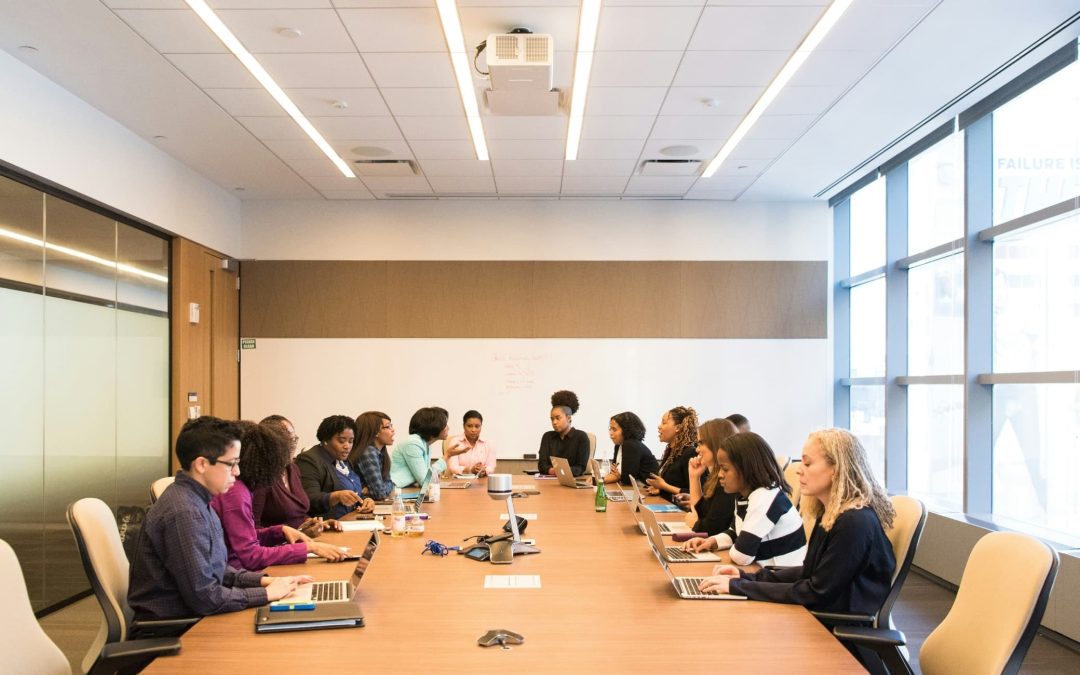[vc_row][vc_column][vc_column_text]The pandemic has shaken up workplace norms in obvious ways, but what is the impact on employee relations and hiring? Recent surveys of what employers are looking for reveal some important details of the developments we can expect going forward.
What employers want
Survey results from PeopleScout, a recruitment process outsourcing company, compiled a list of attributes that employers are seeking in their new hires. Capability to work independently was considered to be the most desirable and the full list is below, in order of importance:
- Ability to work independently
- Ability to handle stress
- Flexibility
- Communication
- Ability to be self-guided
New norms
Virtual Recruiting
A majority of HR professionals agree that virtual recruiting will continue and likely become the new norm. This change will undoubtedly decrease recruiting budgets.
Increased emphasis on internal advancement
Given that most survey respondents also expressed concern over finding a sufficient number of employees, that money will likely be funneled into employee development. This emphasis on internal mobility will cause recruiters to prioritize potential and transferable skills over specific technical expertise. It’s a good time to evaluate your workforce’s skills and encourage ongoing education and career development opportunities.[/vc_column_text][vc_single_image image=”9696″ img_size=”full” alignment=”center”][vc_column_text]
What employees want
Finally, employers need to consider what their prospective employees want. Process management and automation company Nintex released its Workplace 2021 Study, which found that 70% of respondents felt their work was actually better when working remotely.
Beyond a desire to work remotely, the results also indicated other benefits sought by employees to improve their performance. In general, younger workers tended to want tools and flexible hours, while older workers focused on pay. Here is a list of the top responses.
- Software to automate repetitive tasks
- Hardware and equipment to improve connectivity
- Flexible schedules
- Higher pay
The Nintex study also asked employees why they like to work remotely. The responses mostly centered on greater freedom. Below is a summary of the responses.
- 56% said remote work gives them more time with friends and family
- 48% said more time for hobbies
- 47% appreciated not having to commute
- 46% liked having no dress code
- 31% said they like having more freedom to set their own schedules
Conclusion
These surveys all indicate that employers are looking for longer term relationships with candidates whom they are able to develop and promote internally. Employees, on the other hand, want greater workplace freedom. To balance these desires, employers must hire employees whom they can trust to work independently and communicate clearly.
Fortunately, there is a proven method to identify candidates with these essential personality traits. CRI pre-employment assessments quickly identify candidates who are most likely to succeed in remote positions and provide guidance for their ongoing development. This screening process simplifies hiring and reduces the risk of making a bad hire, even as the workplace changes. Contact us today for a free trial assessment link.[/vc_column_text][/vc_column][/vc_row]

